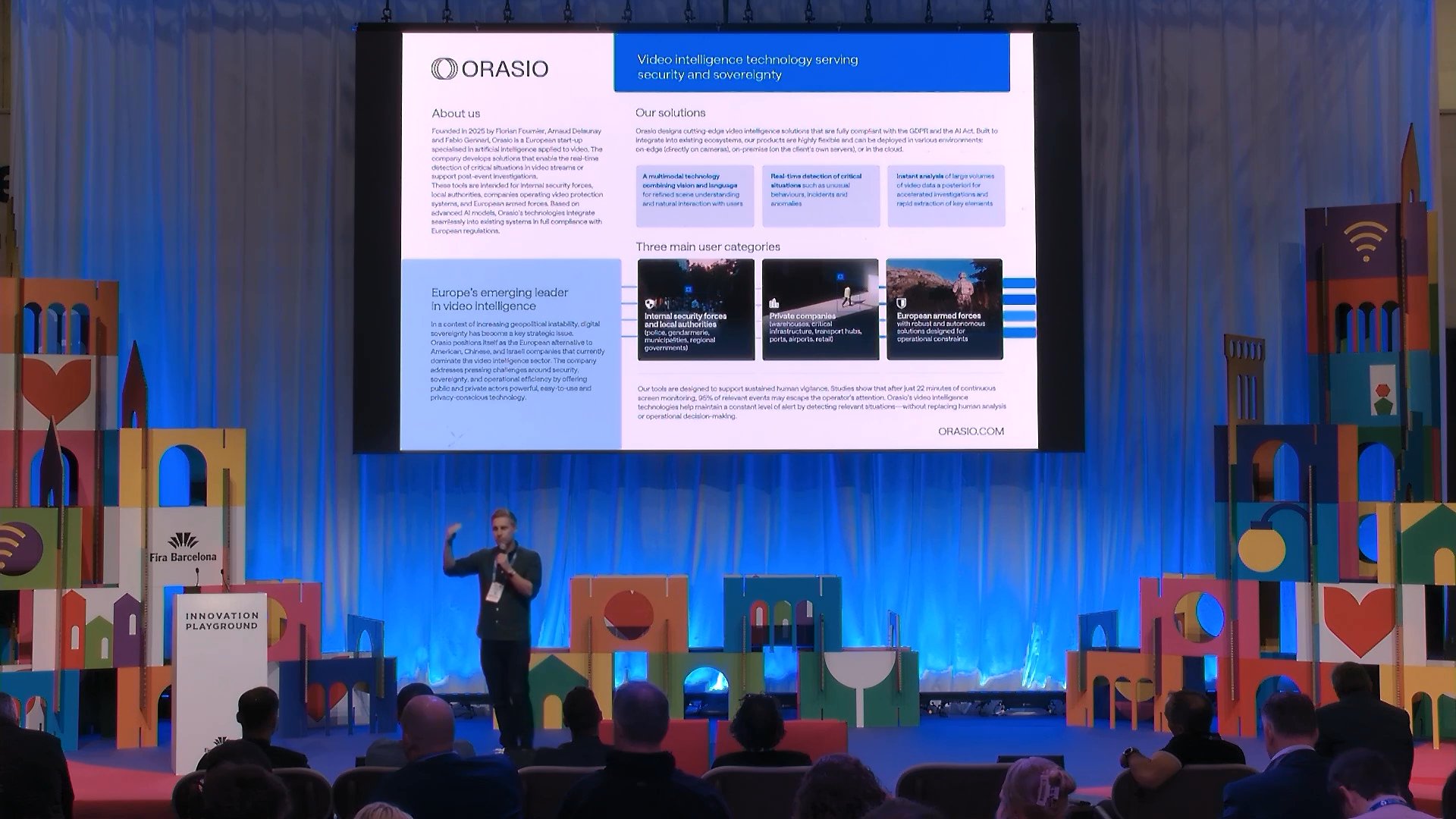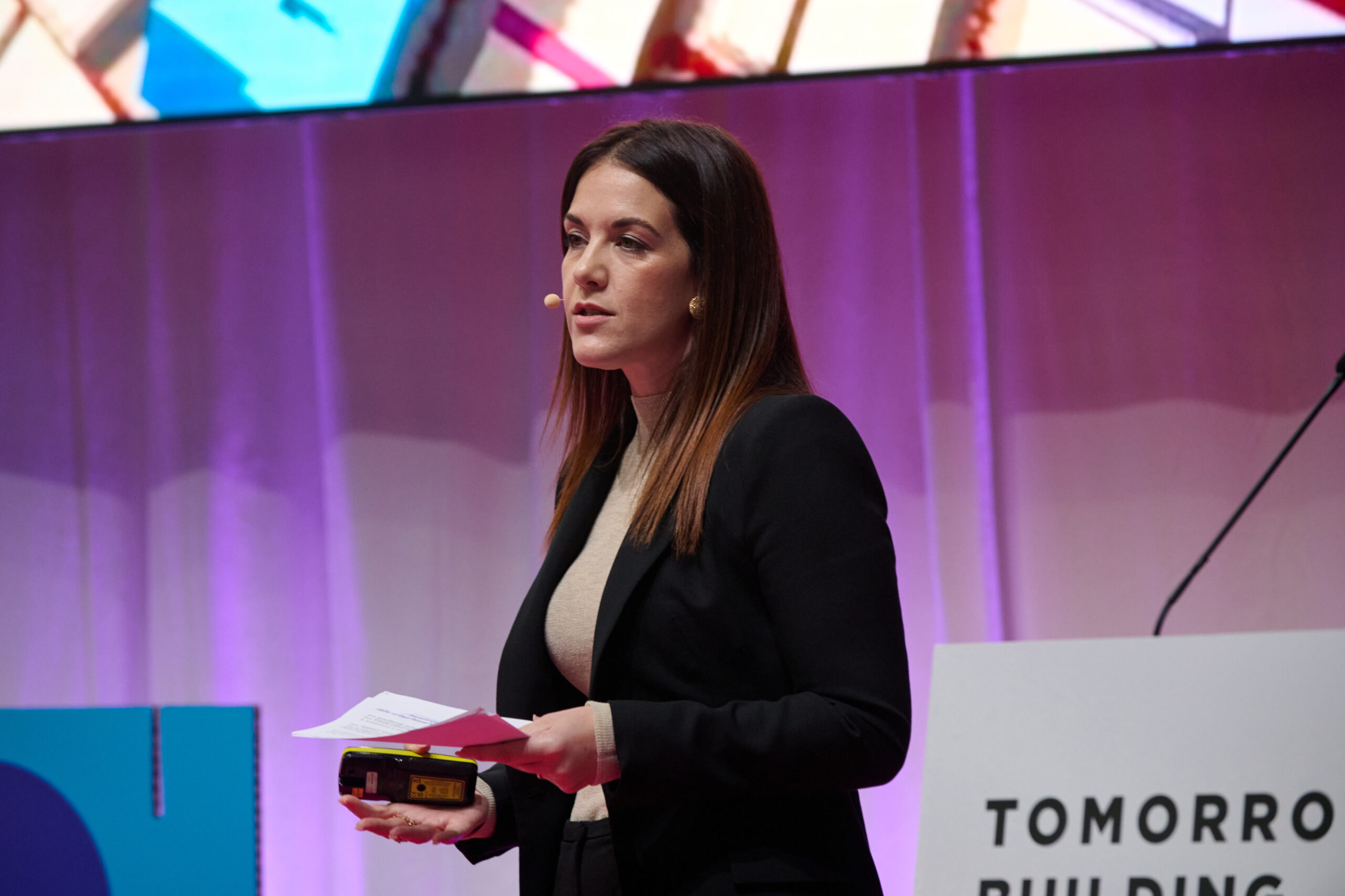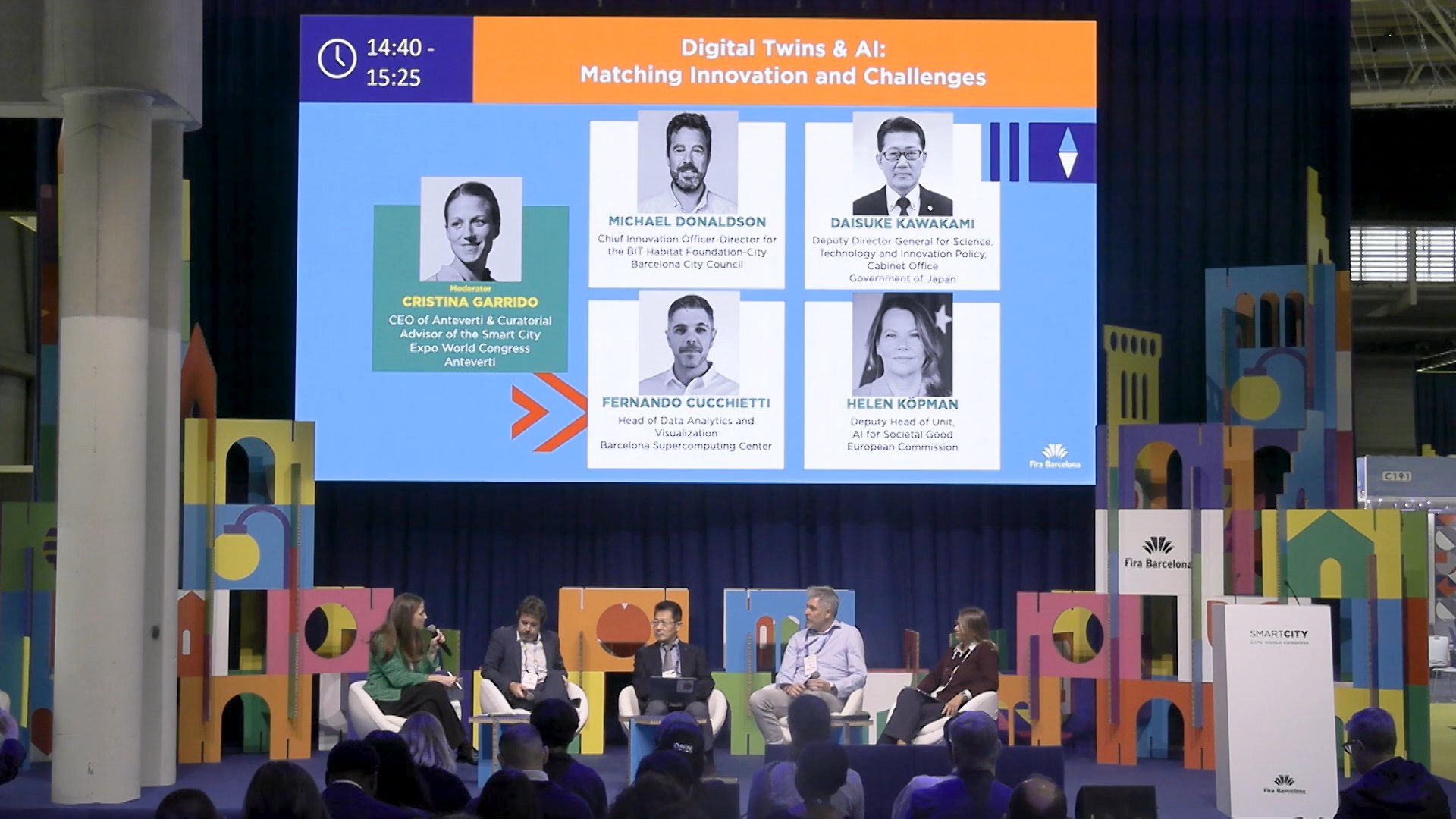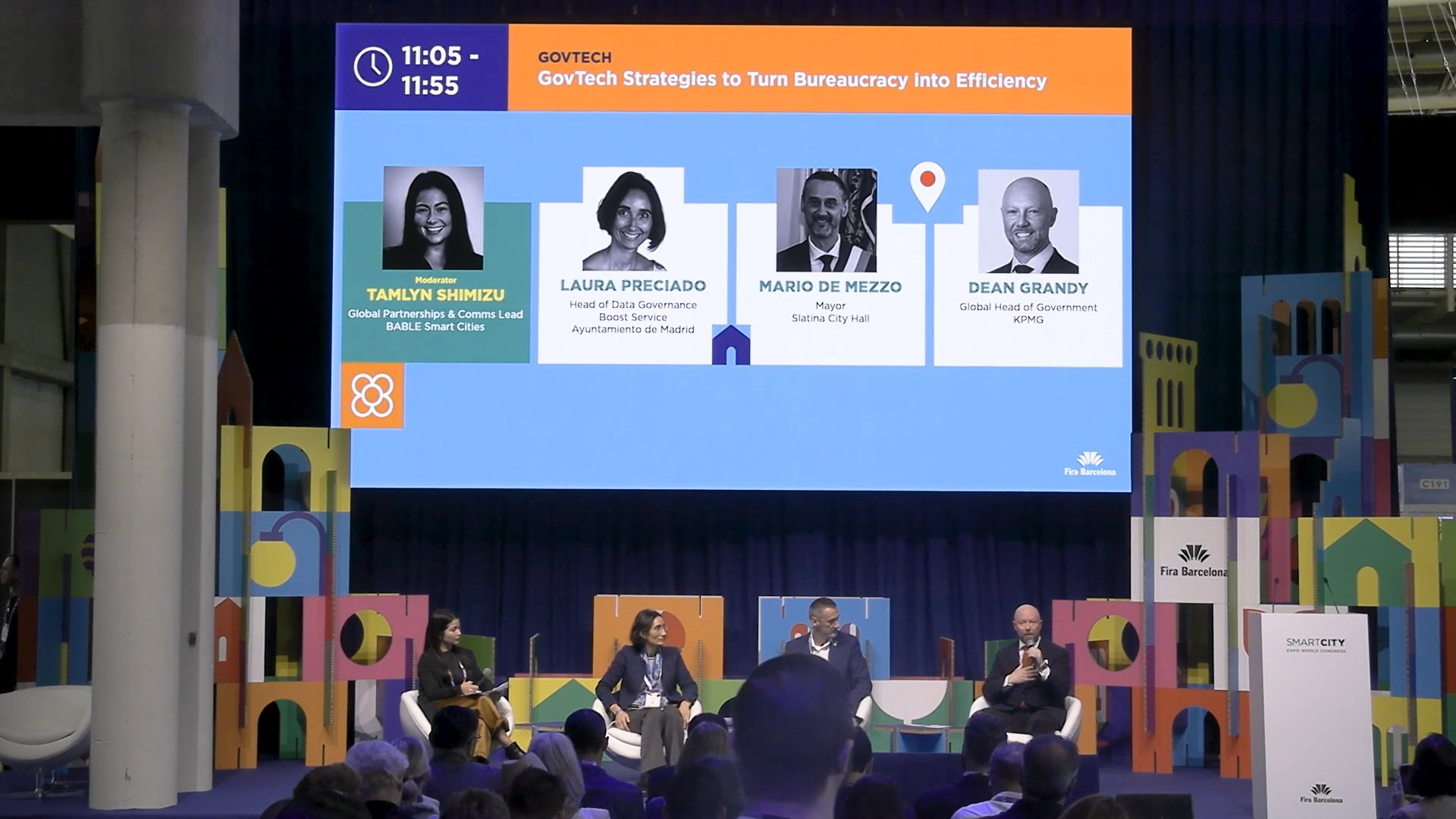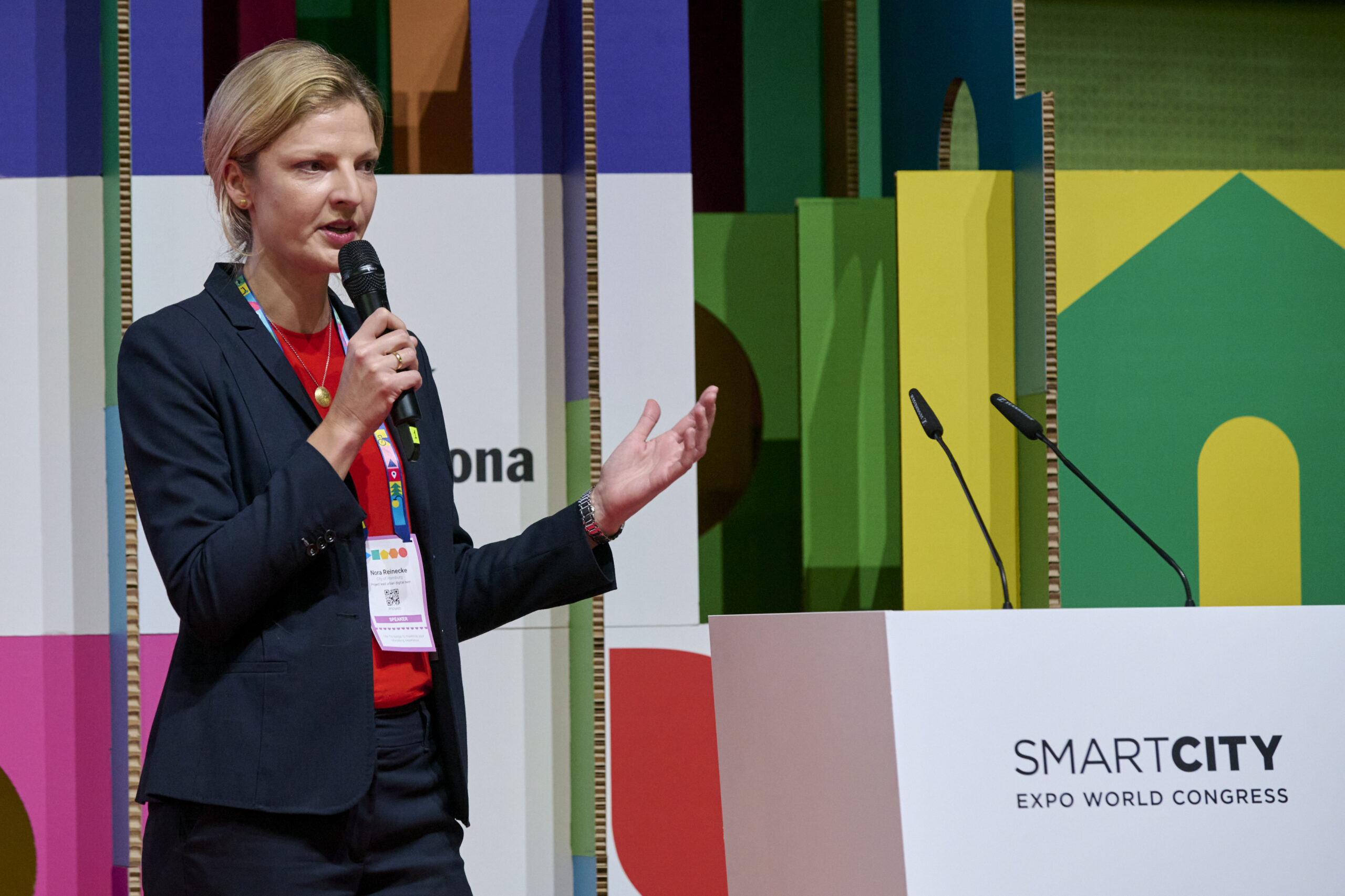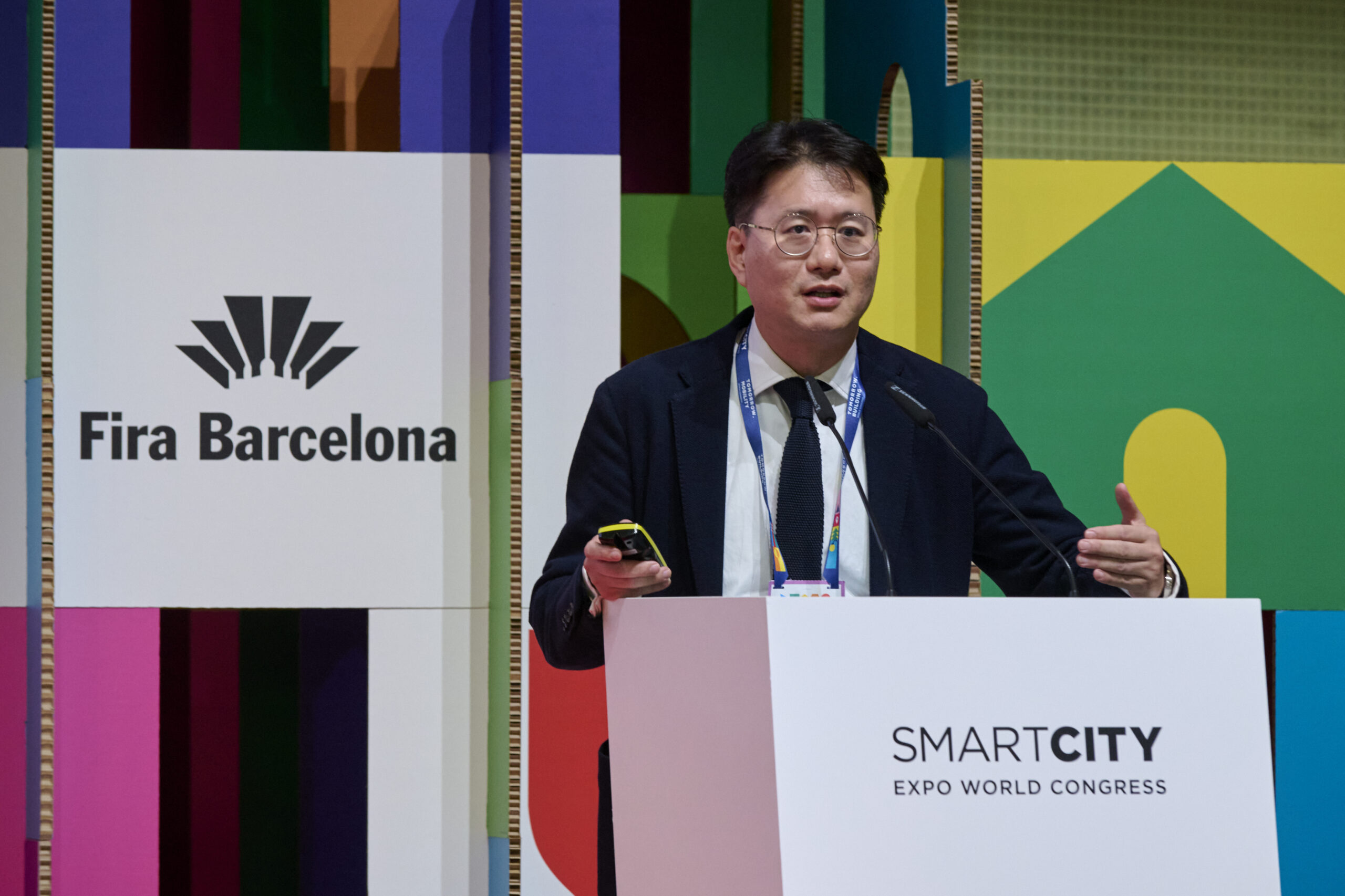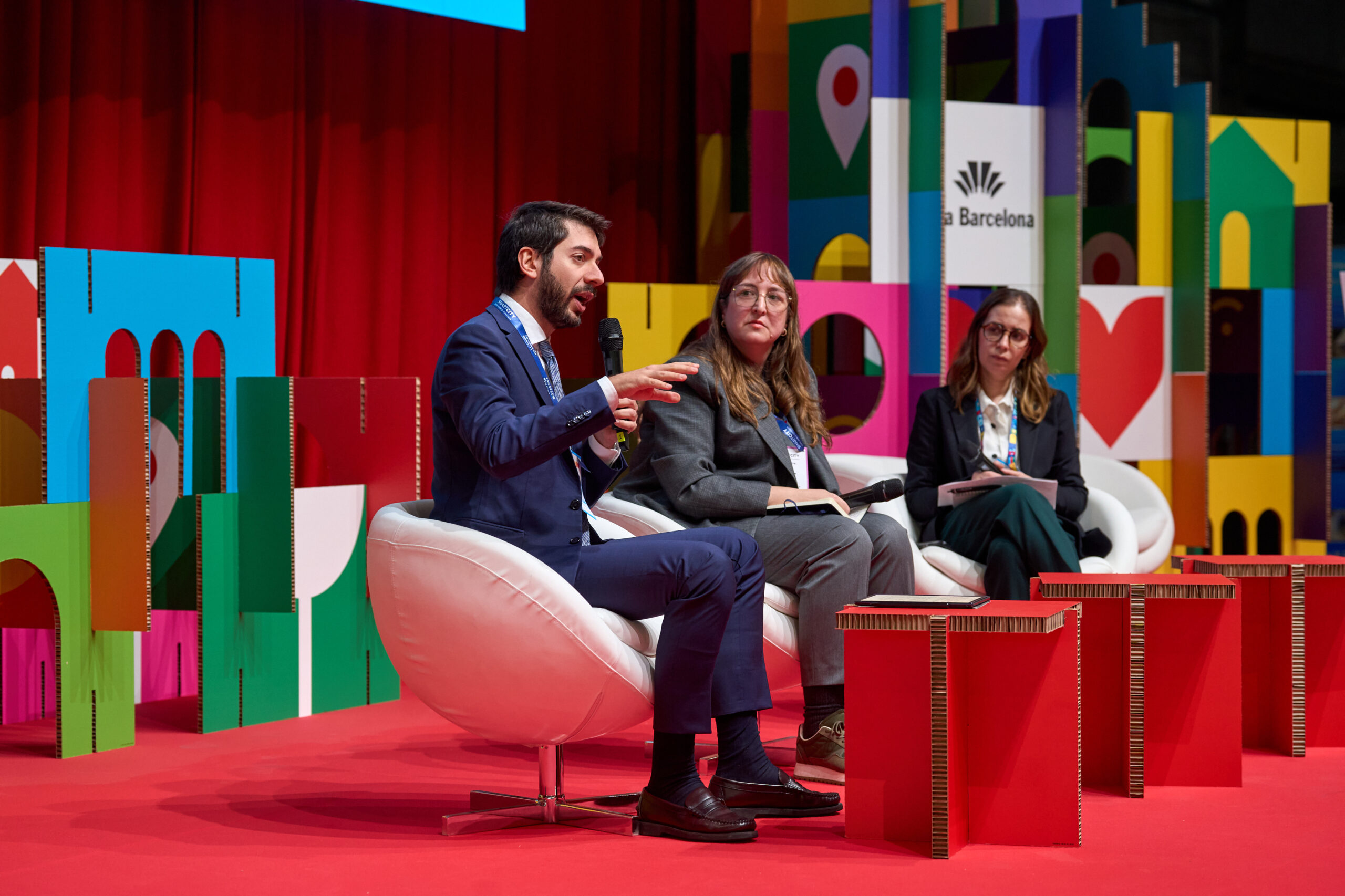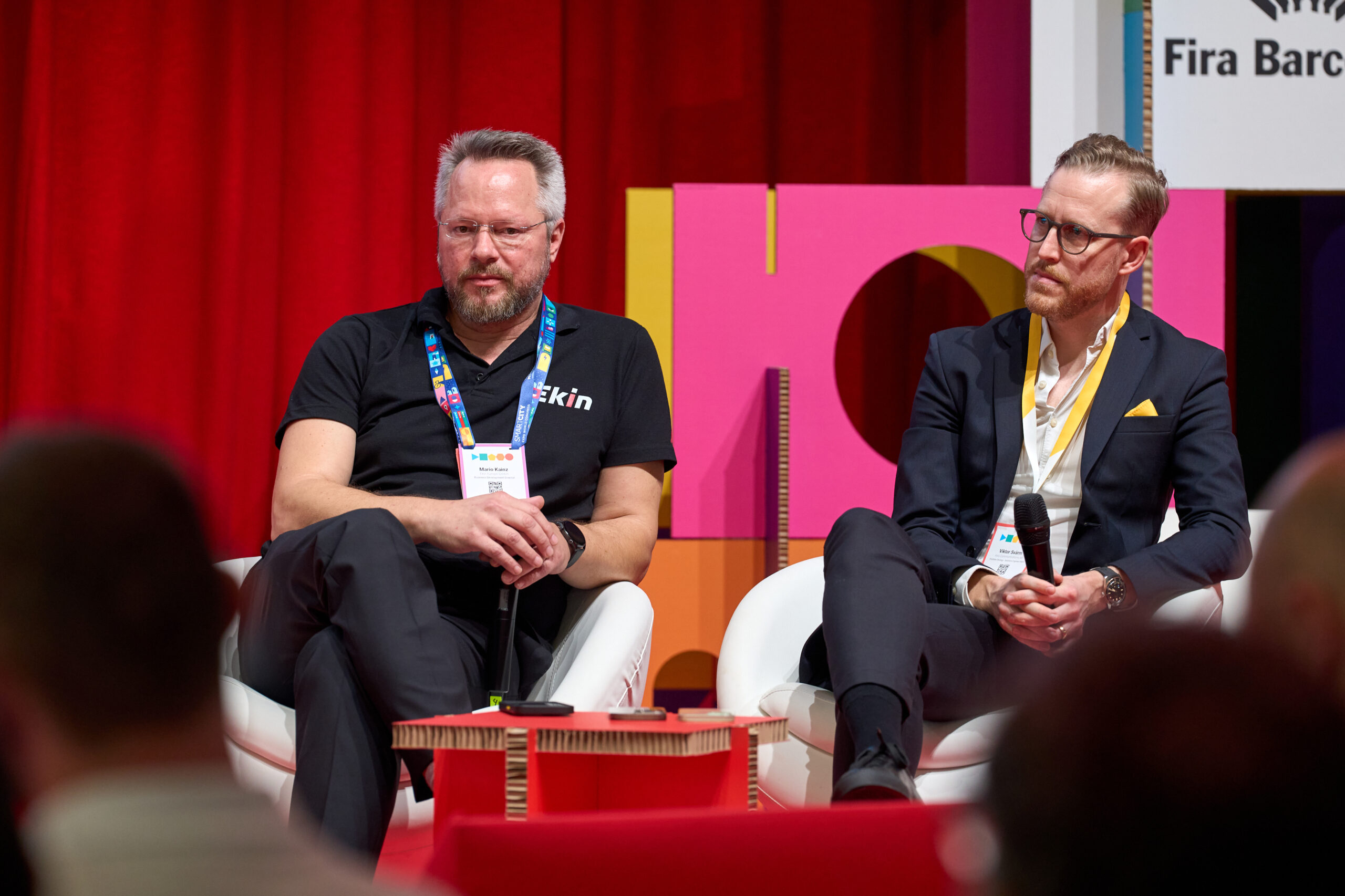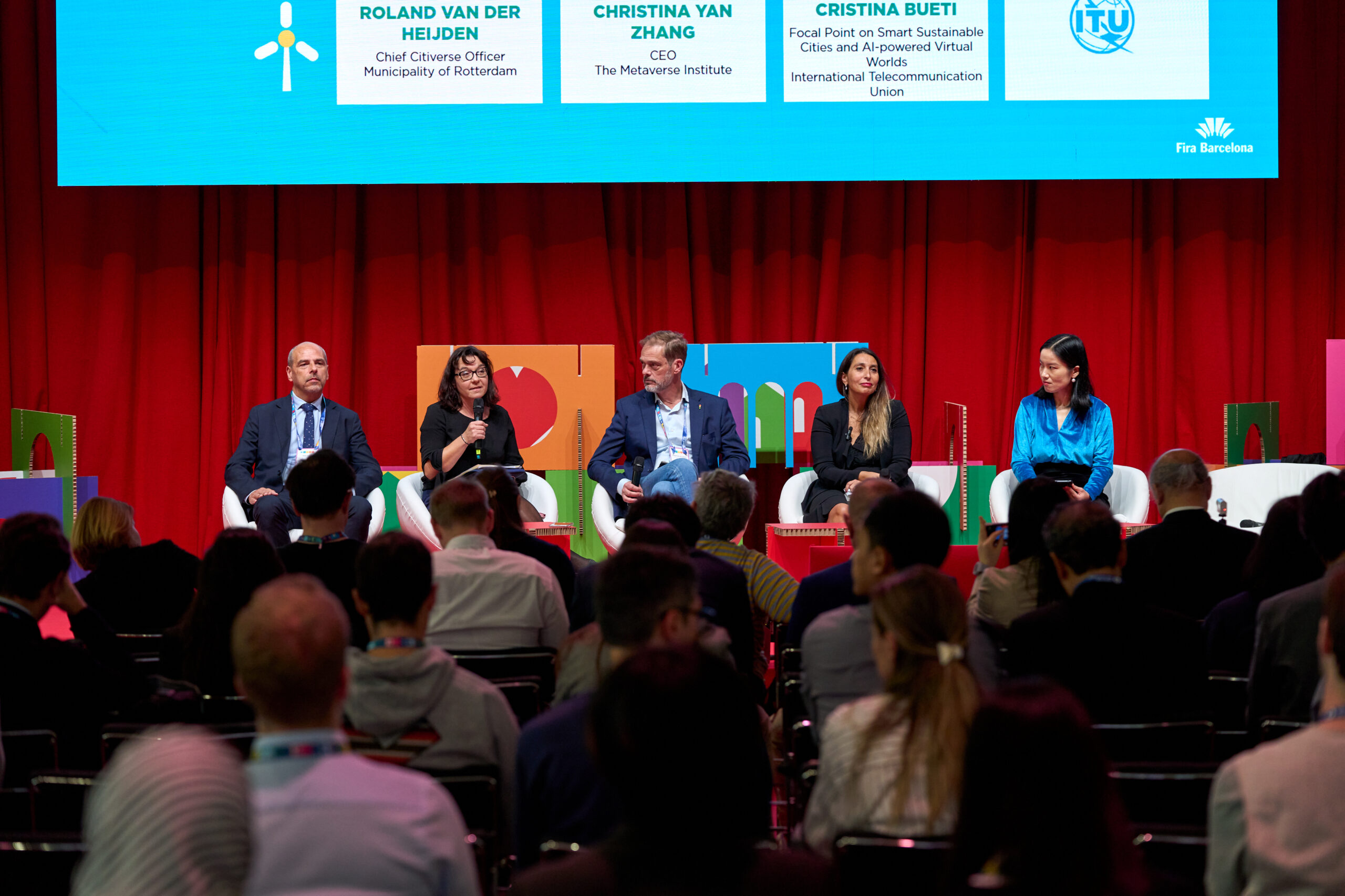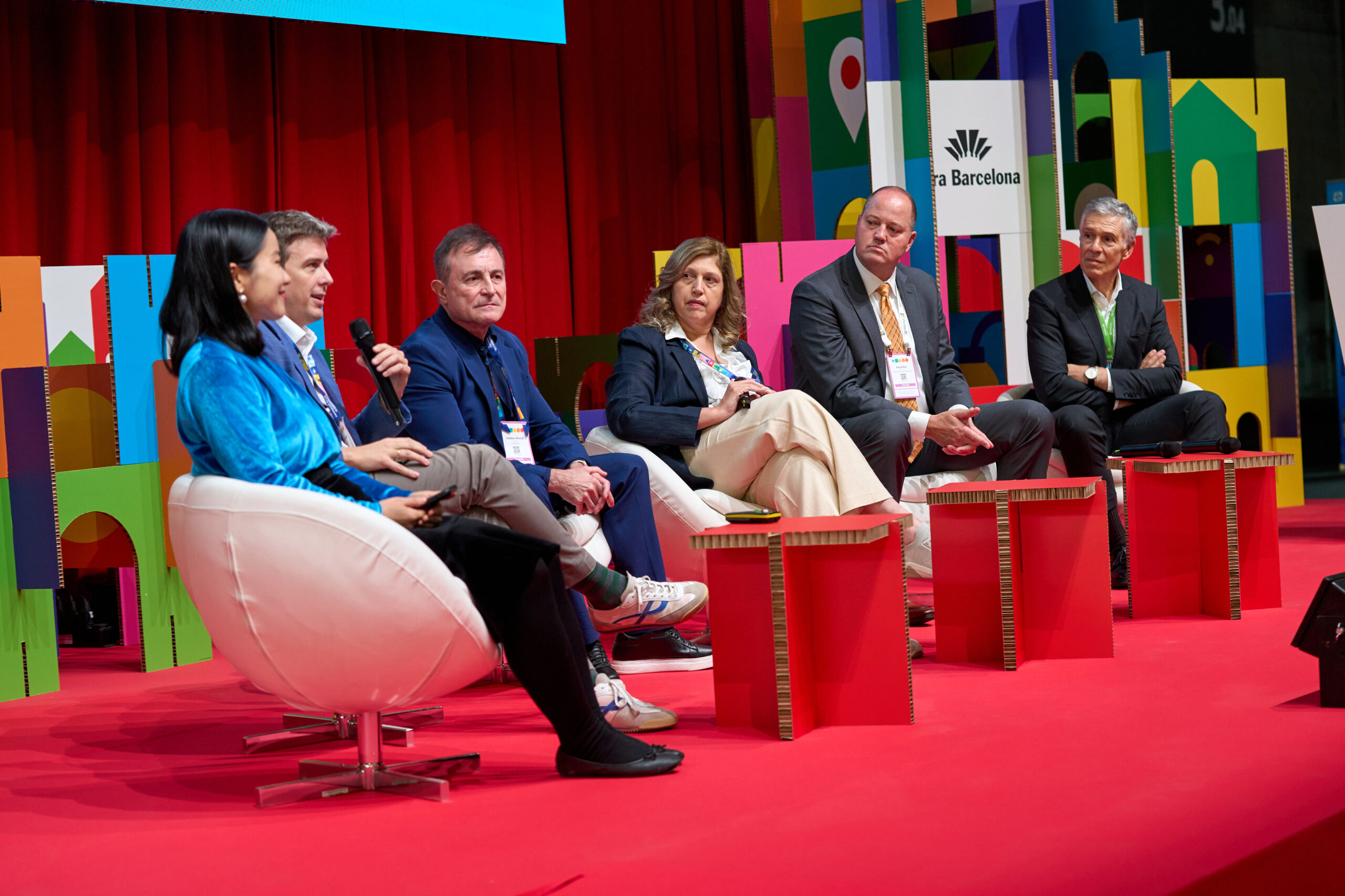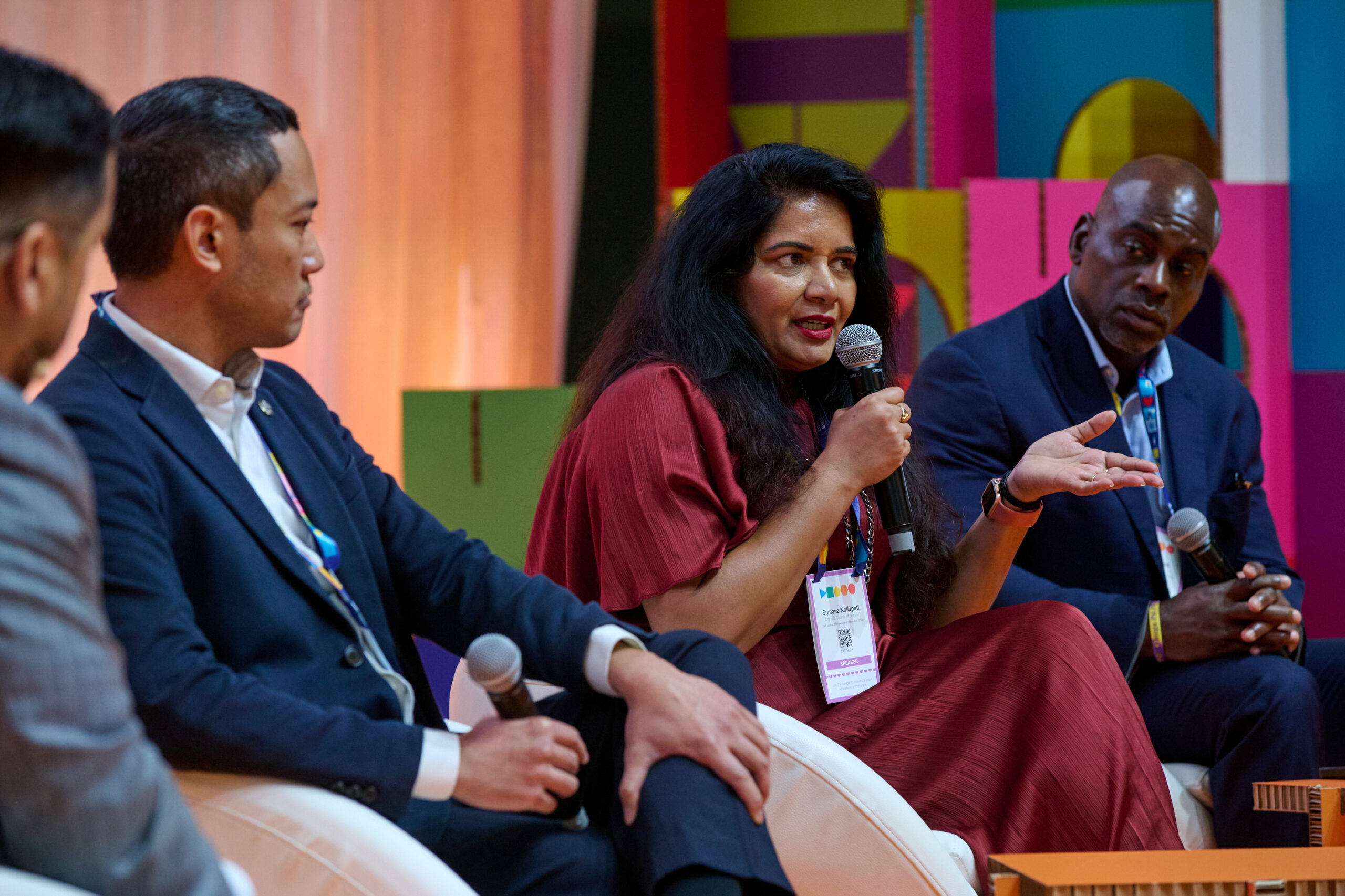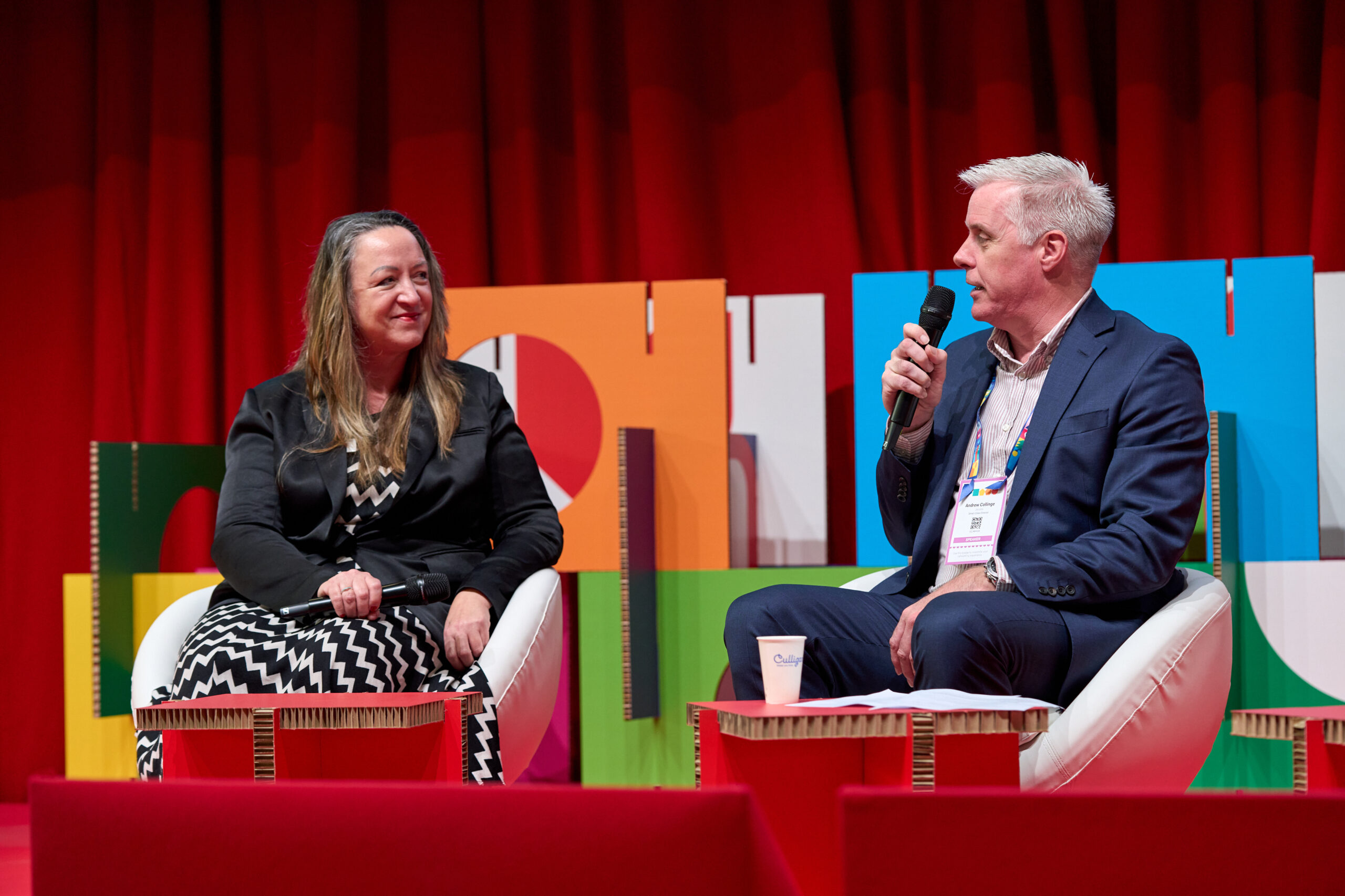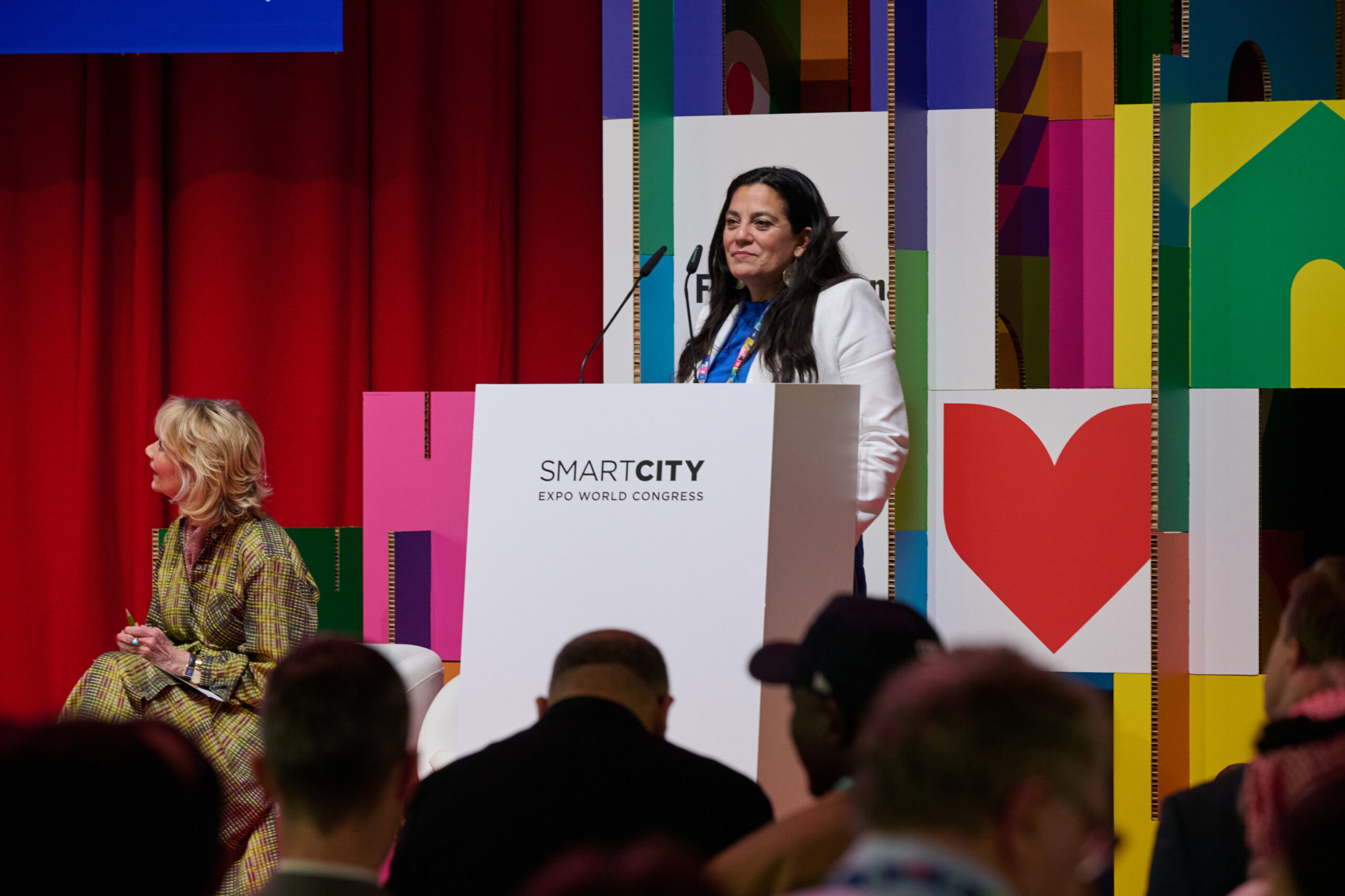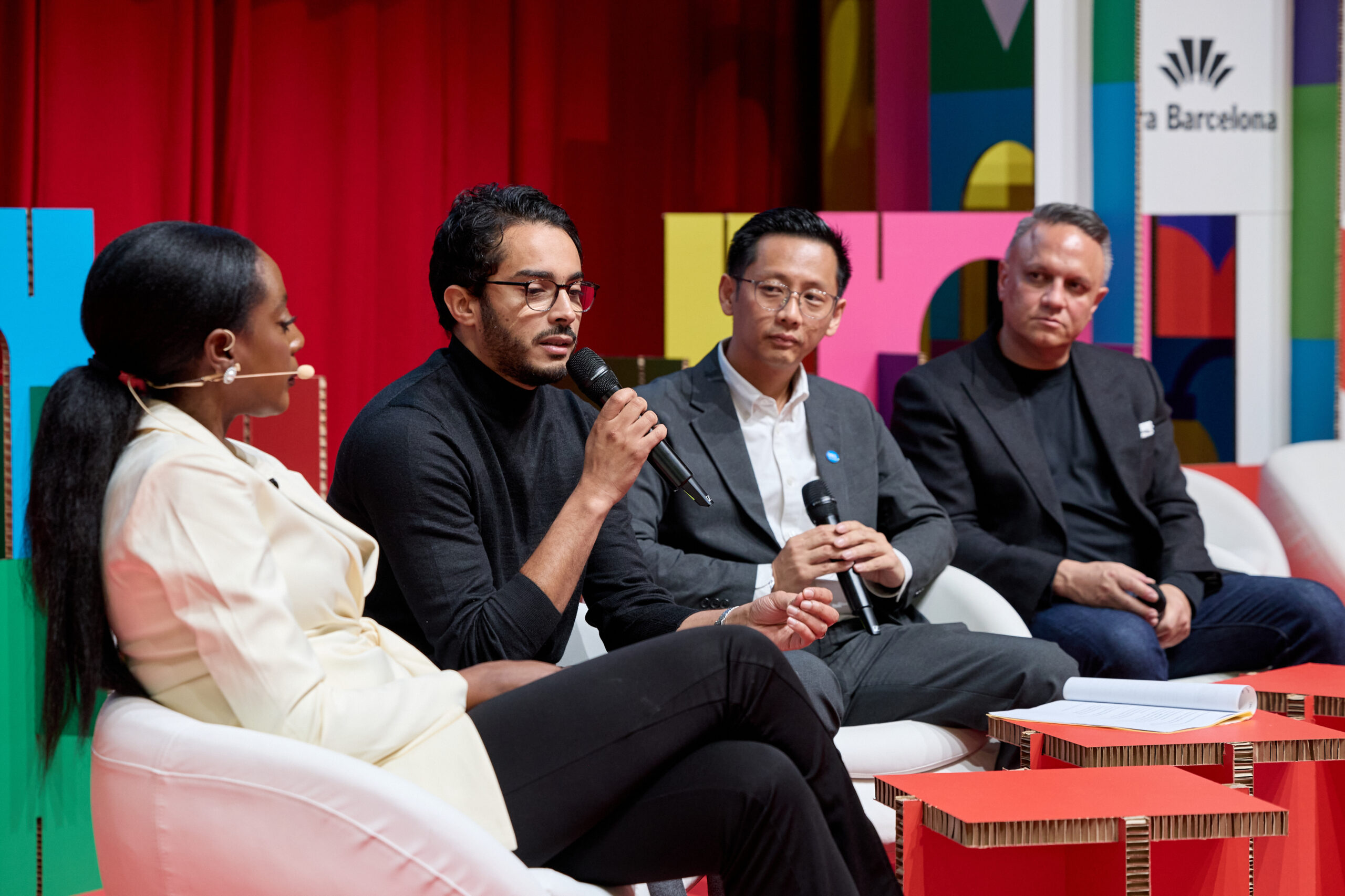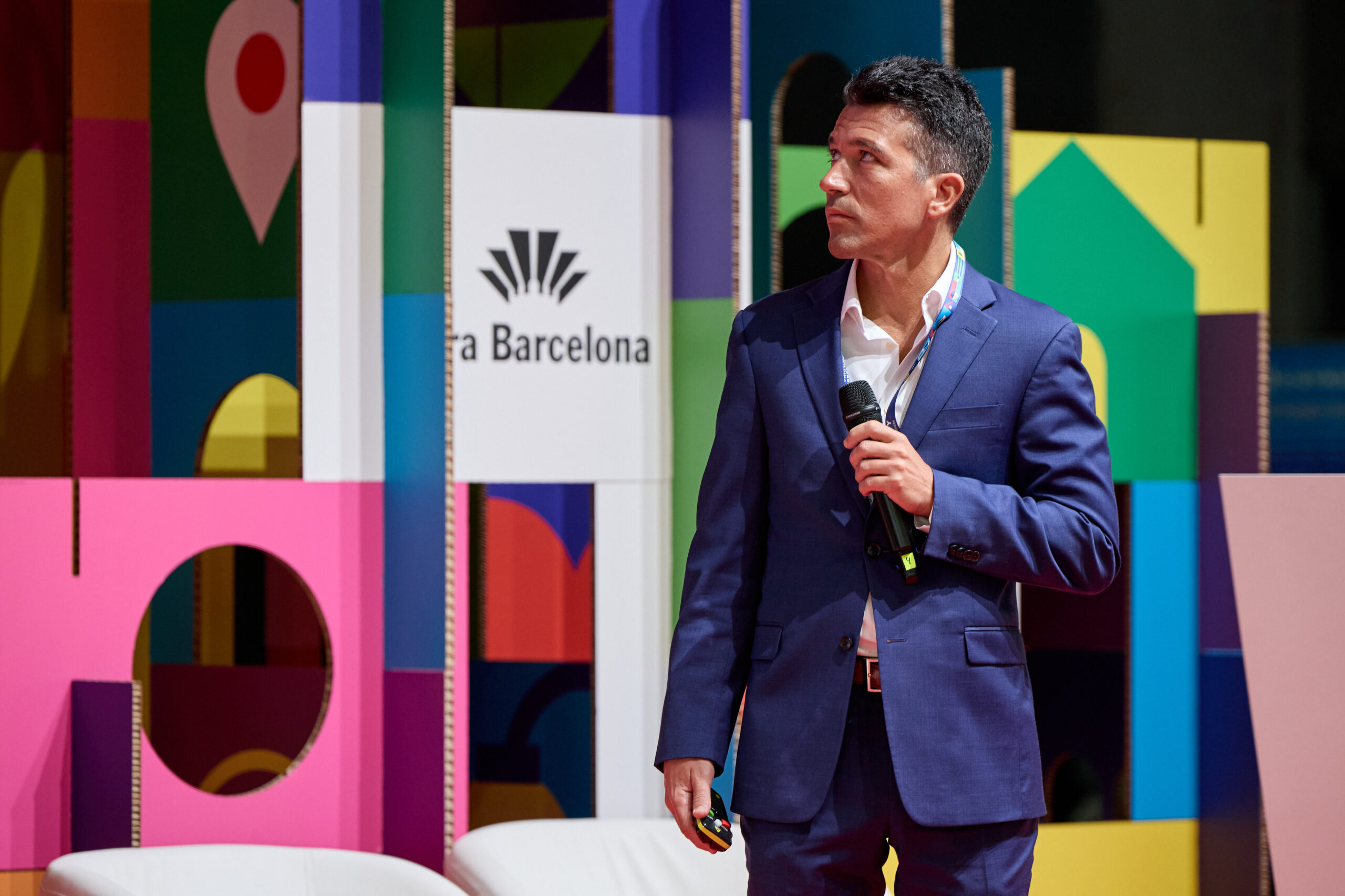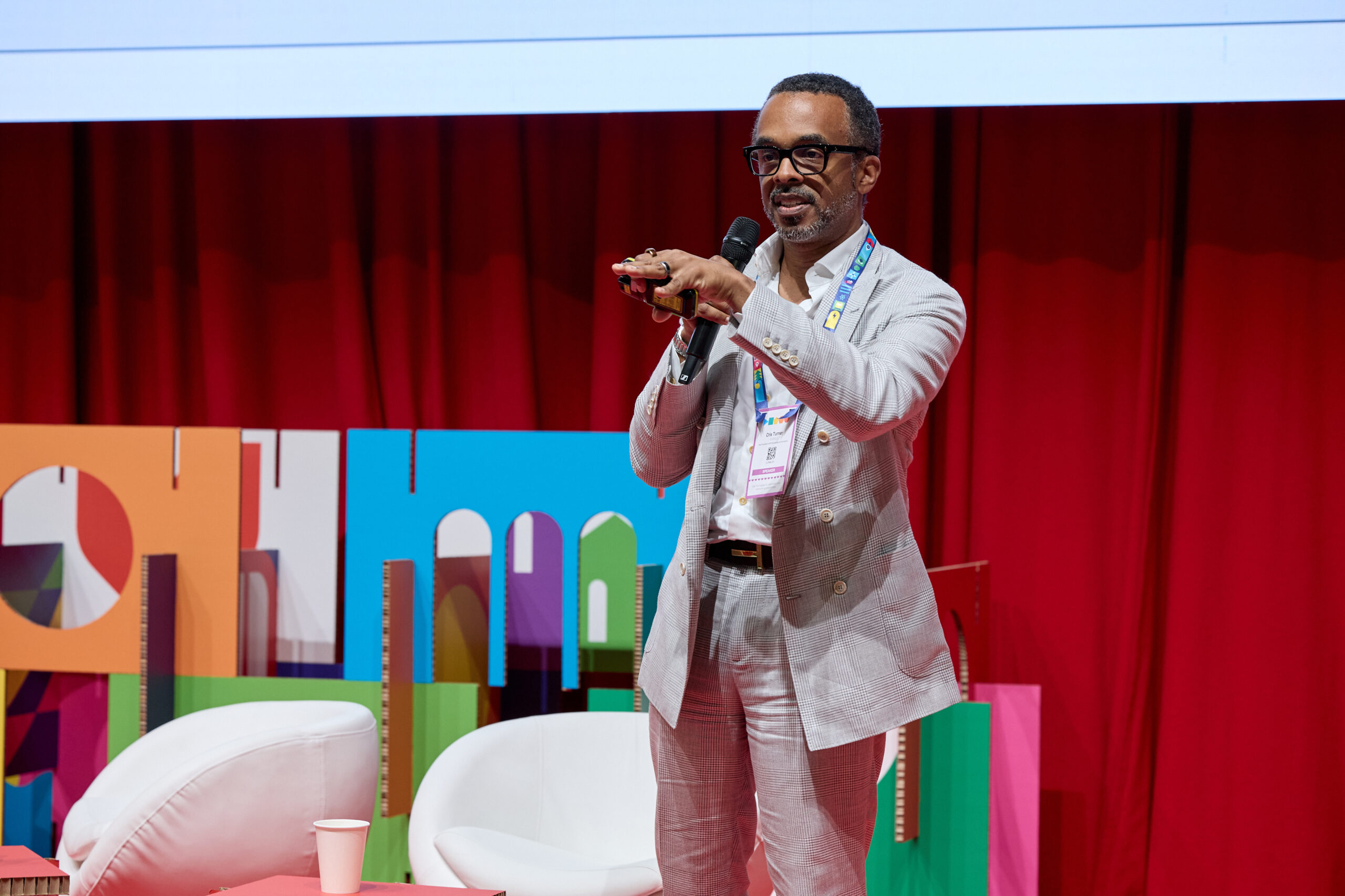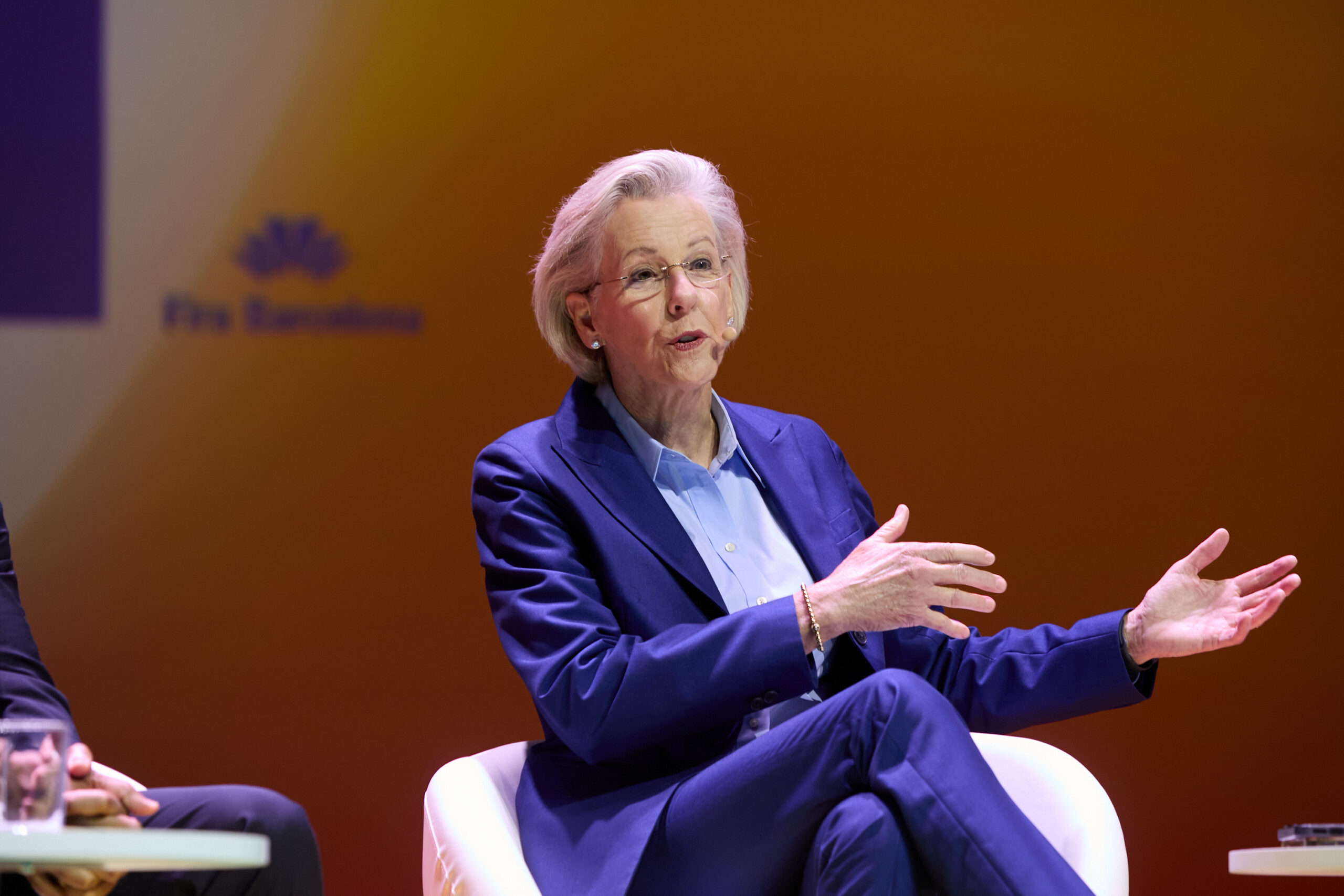This is a guest post by Lucía Bellocchio, founder and executive director of Trend Smart Cities. Lucía has extensive experience working on urban innovation, and has written in leading media outlets in South America like La Nación, El Observador, Clarín or TN.
The concept of smart cities has gained traction globally as cities leverage technology to improve urban living and public services, enhance sustainability, and facilitate citizen engagement.
With many urban challenges becoming evident, the entrepreneurial world sees the urban life as a realm of opportunities. The latest edition of the Smart City Expo World Congress, the leading urban innovation event, showed us the startups’ crucial role within city ecosystems. For the first time, the event featured a dedicated “Startup Area,” showcasing over 100 of the most innovative startups in urban development worldwide, covering key topics such as urban technology, social impact, climate technology, construction technology, and transportation technology. Urban entrepreneurs played a significant role on the AGORA stage, where they discussed pressing issues and shared their most innovative projects.
In the Latin American region, the Smart City Expo Curitiba underscores the importance of fostering innovation and also dedicates special attention to startups. At this event, Trend Smart Cities launched the UrbanTech LATAM Community to identify and promote technological solutions that impact urban environments. This initiative connects innovative solutions with the challenges and opportunities Latin American cities face while creating a valuable community network for exchange.

Here are some standout startups in Latin America to watch:
QXM is a digital platform that impresses with its rapid expansion as a solution helping governments transform informal work in trades. Recognised by the IDB, QXM connects citizens with workers, offering services in over 250 categories. Through this free-to-use digital platform, governments adopting this technology provide their residents with a helpful tool, create a customer acquisition channel for independent workers, and begin to establish indicators that enable them to make informed public policy decisions and ensure the traceability of investments in training.
Due to its social impact, this workertech solution is gaining attention in a region where governments prioritise informal employment. The platform already operates in Argentina and El Salvador, where it has been implemented in 158 cities. It will soon launch in Mexico and Colombia, expanding its availability to over 450 municipalities in the coming months.
GoPass is a Colombian app revolutionising urban mobility and redesigning how drivers interact with mobility services and payment methods. Following the cashless city trend, the platform enables cashless transactions for tolls, parking, and fuel through a simple vehicle tag. Additionally, its complementary application helps users manage compliance requirements, such as mandatory insurance and annual inspections, while providing access to additional products and services through strategic partnerships. With over 600,000 connected vehicles, GoPass contributes to economic growth in the communities where it operates by generating employment, improving mobility, and simplifying payments. With plans for expansion into Mexico and Chile, it is backed by the largest investment fund in Latin America, Kaszek.
Simbionet is an innovative Chilean company focused on sustainability. It produces “Low-Cost Cellulose” from organic waste generated by fruits and vegetables in urban areas. By employing a methodology guided by an algorithm called Margulis, this startup significantly reduces the organic waste sent to municipal landfills, lowering greenhouse gas emissions.
Simbionet ensures no trees are harmed in its processes, maintains a very low water footprint, and operates using photovoltaic energy generated from small solar panels. After creating the cellulose, the company takes another step by implementing a hydrolysis process that uses enzymes to break it down. This method has allowed Simbionet to develop its first product prototype: a textile that has been utilised to create a variety of accessories—wallets, bags, and coin purses—as well as medical supplies and sustainable packaging.
Civica Digital, a prominent Mexican startup with a track record of successful projects, is regarded as a vital partner for governments seeking to digitise their processes and services. By promoting closer interactions between public administration and citizens, Civica Digital enhances the civic engagement experience.
As a leader in the govtech sector, the startup has garnered international acclaim from prestigious organisations such as Bloomberg, Forbes, and Meta. The company aims to optimise the citizen experience by transforming how residents engage with public administration. It achieves this by facilitating access to digital services, reducing wait times, and simplifying traditionally complex administrative procedures to help transition from traditional management to smart city management.

Other startups, such as Ualabee, Biciclik, Munidigital, Moovit, Kan IT & Territory, GreenTech Solutions, and Direito Agil, -among others- are contributing significantly to the definition of the urban tech industry. Governments are actively seeking the support of entrepreneurs, as evidenced by numerous initiatives across different countries aimed at identifying smart cities, govetech, and urban tech solutions.
The Social Impact of UrbanTech Solutions
In Colombia, INNpulsa, the agency for entrepreneurship, innovation, popular economy, and reindustrialisation of the National Government, along with the Development Bank of Latin America (CAF), is working to identify and connect startups, SMEs and academic institutions that utilise exponential technologies. They aim to create the country’s first government tech laboratory to address the challenges of public innovation and digital transformation.
In Chile, Se Santiago has introduced the catalogue 100 Solutions for the City. As Gloria Moya, Director of CORFO Metropolitano, explains, it was designed to serve as a platform that connects innovative talent and entrepreneurs with local stakeholders in need of these solutions and generates new business development opportunities and productive linkages, with the city as the backdrop and Jaime Pilowsky, Director of Corporación Regional de Desarrollo, remarks, “Each solution presented in the catalogue is key to building more efficient, sustainable, and livable cities”, reinforcing the significance of these innovations.
The rise of startups in Latin America represents an unprecedented opportunity to transform cities and address urban challenges in innovative and sustainable ways as governments recognise the importance of collaborating with entrepreneurs, doors open for investment, networking, and practical solutions. The increasing involvement of startups in the B2G sector highlights the potential to scale business models while driving purposeful innovation. With the proper support, these startups can significantly contribute to the development of smarter, more inclusive, and resilient cities for the future.
Photos by Smart City Expo World Congress.












